
Feb. 2, 2026
Mizzou researchers find chemistry in collaboration
An interdisciplinary team is blazing a trail to the efficient and effective production of compounds essential to common drugs.
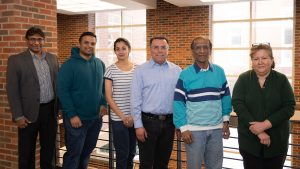
Jan. 29, 2026
Innovation gives scientists remote control of high end instruments
A major push by Mizzou Engineering researchers will make advanced instrumentation as accessible as cloud computing.
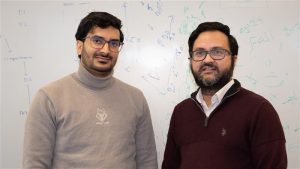
Jan. 29, 2026
Turning an impossible defense problem into a manageable one
Advanced generative AI systems are susceptible to devastating hardware attacks, but Mizzou Engineering researchers have found an efficient, cost-effective way to defend them.
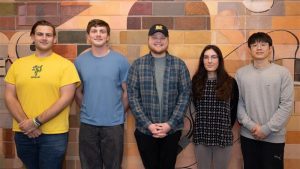
Jan. 5, 2026
Filling a gap with an innovative use of AI
For their capstone project, computer science students developed an app that leverages LLMs to create targeted experiences for intermediate-level language learners.
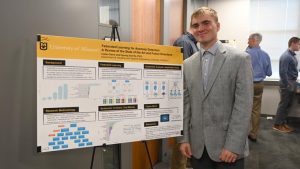
Dec. 10, 2025
Industrial engineering grad has a passion for designing solutions
Caden Davis graduates in December 2025 with a bachelor’s degree in industrial engineering and a wealth of leadership experience in the lab, the workplace and on the court.
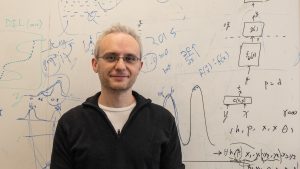
Dec. 4, 2025
Empowering community-driven solutions to a global issue
Researchers are using satellite data and AI to produce a granular inventory of greenhouse gas emissions sources around the world.
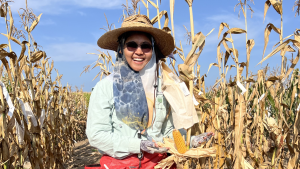
Nov. 25, 2025
Open-source drone technology will democratize precision agriculture
An interdisciplinary collaboration showcases Mizzou’s leadership in advancing smarter farming with better data.
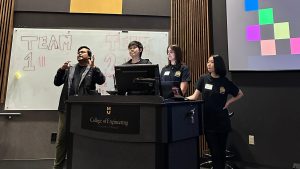
Nov. 17, 2025
Students compete in 2025 Artificial General Intelligence Mizzou Hackathon and Showcase
Wen-Hsin Chen, Samrat Kumar Dey, Jeong Wook Lee and Alina Rohulia won the competition in the exciting challenges of abstraction and reasoning in AI.
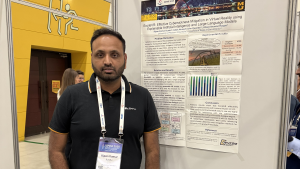
Nov. 10, 2025
Mizzou Engineering researchers bring home award from International Symposium on Mixed and Augmented Reality
Researchers presented a highly effective, easy to use machine-learning model to reduce cybersickness with minimal impact.
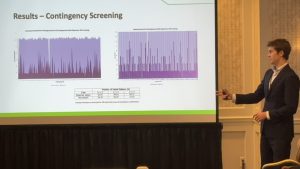
Nov. 4, 2025
Mizzou Engineering undergrad wins best paper award at NAPS 2025
Benjamin Peter’s work addresses challenges in applying reinforcement learning to assess power grid security.